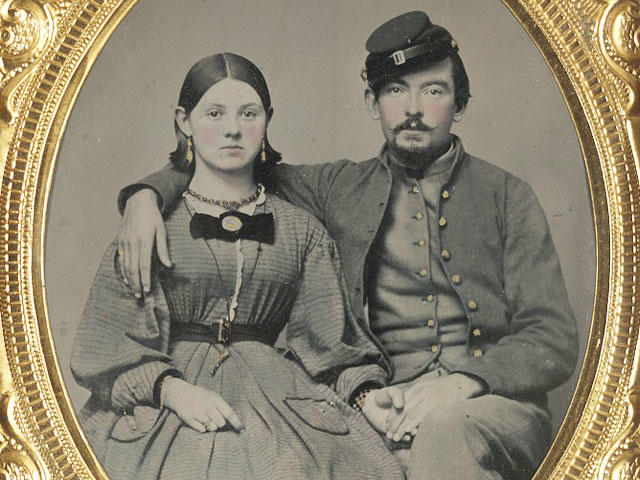“My failures have been errors in judgment, not of intent.” Ulysses S. Grant
In true one-thing-leads-to-another fashion, an interview online recently with Drew Gilpin Faust about her memoir Necessary Trouble, led me to another book she’d written, Mothers of Invention. Having grown up in the South herself, Faust has a unique perspective on the idiosyncrasies most identified with the elite society of women who carried the dying planter culture through the Civil War on their own narrow shoulders. I’m naturally aware of how much of her work would be banned in southern schools by our strained society today, ironic remembering as I do my own great aunt telling me how the true outcome of the Civil War was removed from books in the South. She had to visit her married sister in New York to experience the shocking truth that the North had truly won the war. Her school books in Augusta, GA had kept that fact from her. You see, anyone can play that game, but it never ends well.
As a child, I could sense the complexities of life for my Southern ancestors who had moved north, but I couldn’t understand them. Why did my grandmother weep every day reading Gone with the Wind? What was it about that life she missed so much? She was an exceptionally bright, strong, gifted woman, and I was confused by the conflicts I could sense in her soul. That’s why I looked forward to delving into Mothers of Invention. I sensed there would be some clues in it to help me understand my grandmother’s tortuous connection to her childhood culture in the Deep South. And sure enough, I couldn’t have hoped for a better guide to take me on that journey. There are too many carefully unraveled clues to present in a brief essay like this, and I hope if you have any curiosity about how women survived in a patriarchal society that flipped over to expose the inequities of that culture overnight, you’ll read Faust’s books yourself. But I recognized the same discrepancies that threaten women today when they’re relegated to a subservient role by class, gender and race. Bring on a crisis and the unprepared woman will suffer mightily, making all around them suffer too. Any unprepared widow will tell you it doesn’t take a civil war to shake her and her world to its foundations. And the only way to be truly prepared is to be forearmed with the experience of running a full life as a fully responsible citizen. Still, as Drew Faust points out, we’re born into a number of specific contexts not of our making, and dealing with those complexities takes enormous ingenuity in crisis mode.
I run the images through my mind of all the cultures in the Middle East, to say nothing of our own society, still white male dominated, and worry about the injustice done when the quid pro quos women are promised of protection and support vanish with the dominant male who promised them. There are some things we can’t guarantee, no matter how well-meaning our intensions may be, and so with the knowledge that one thing is likely to lead to another, we’d do better sharing the burdens equally between the mothers and fathers of our cultures and give them all a chance to be the inventors of the world they live in. I do hope Faust’s books end up back on the shelves of libraries in the South again. It’s a lot better to know what to expect than to have to invent the truth.


I was encouraged today to read that women faculty members at Vassar are protesting the fact that the men are paid more than they are. We are making progress!
The progress is slow, but steady, and even when you watch movies on Netflix done 5 or more years ago you see narrative plots built around women athletes not getting paid a living wage, which has already changed! Hadn’t seen about the faculty at Vassar. Thanks, Jill, for pointing that out.
I read Faust’s memoir and it is a celebration of the power of women too. Perhaps more stunning since as you well point out the odds are stacked agaisnt women in our society. Oddly, I find my prejudice is that men are groomed as Rachel may suggest to fit better into the capitalistic system of competition and what better way to stack the odds in their favor is to eliminate 1/2 the population from competing. will women ever be paid at same rate as men?
I hadn’t thought of that. But yes, societies have always stacked the odds in favor of cultural norms. Thanks for being a free-thinker, Paul.
Well said! No matter your political beliefs, removing books from libraries is never a harbinger of good times to come! And its women – and children – who suffer the consequences – not to mention boys who are groomed to take leadership in a society with their eyes half shut. How has the patriarchy failed them? You only have to look at the scourge of mass shootings and demographic who commit them – all males of a certain age. All to say the Faust book(s) sound interesting, thoughtful and relevant!
Thanks, Rachel! The first time I heard about libraries removing books a few years ago I thought it was a joke. Not very funny, and it’s moving in the wrong direction. Remember learning that Mark Twain was banned in some schools when he first came out? I thought it was lunacy…so what is this??